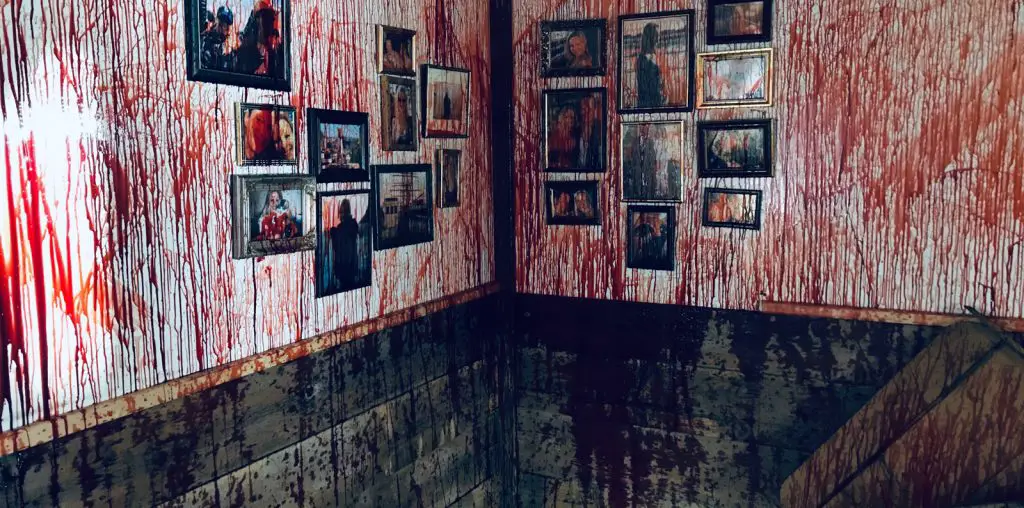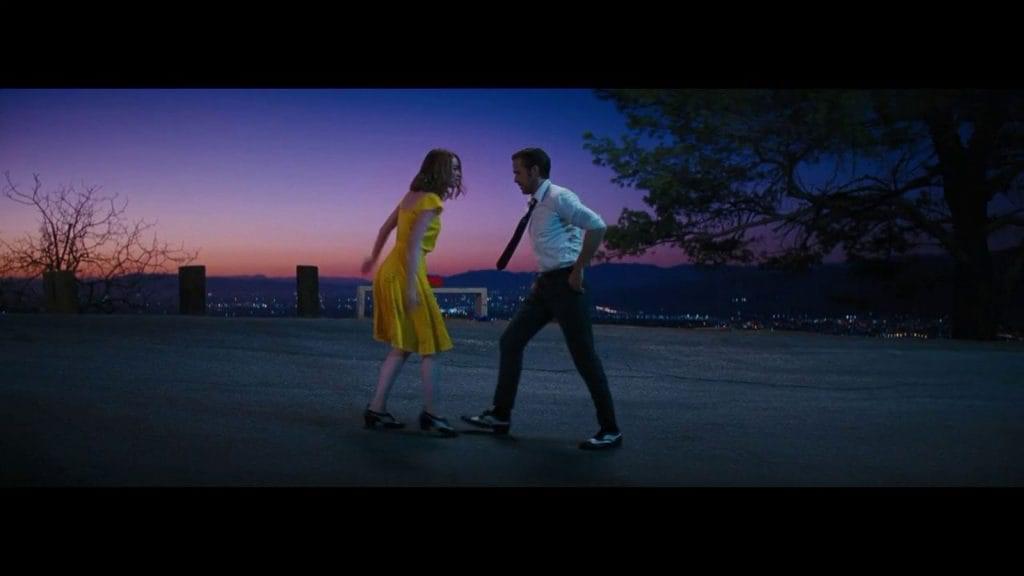
Is Barbarian Invasions about a jolly, life-loving intellectual whose final days are celebrated by a warm nest of loyal, admiring comrades? Or does it concern a pompous, irresponsible bunghole whose few remaining acquaintances grudgingly tend to him during a life-sapping terminal illness? Denys Arcand’s continuation of 1986’s Decline of the American Empire revisits Frenchman Remy (Remy Girard), a college history professor that viewers will either love or hate. He’s an enthusiastic, carpe diem-practicing force of nature with an eye for women and good books. But his somewhat impulsive id has ruined his marriage and caused a rift between Remy and his son. Barbarian Invasions examines how this free-spirited man’s impending death effects the motley crew of colleagues, mistresses, children, ex-wives, and junkies gently guiding him into that good night.
The film’s opening scene resembles a Game Boy screen during some frantic, obstacle-jammed video race. A chaplain worker skitters down the hallways of a Quebec hospital, dodging gurneys, IV tubes, and nurses en route to Remy’s room. The whole journey through this medical minefield is filmed in one unbroken shot (think of the Goodfellas Copacabana scene set in an ER, and you get the idea).
Such first impressions are deceiving, however. Barbarian Invasions is a movie of words and ideas, not action set pieces and fancy camera moves. When Arcand’s lens finally rests on Remy’s bespectacled, pear-shaped face, the French subtitles run fast and furious across the screen. His ex-wife (Dorothee Berryman) expresses bitter resentment over the libidinous man’s early days spent “humping co-eds,” even as she supports Remy through the sobering news of his illness.
The unfaithful skirt-chaser has cancer, and his one-time wife summons Remy’s son Sebastian (Stephane Rousseau) to the scene. A millionaire investment broker with the bland good looks of David Duchovny, Sebastian has long since cut ties with his elder. After much begging on his mother’s part, the descendant reluctantly visits his ailing dad, brandishing a cell phone and laptop computer. The boy’s yuppie lifestyle is at odds with Remy, a self-proclaimed “sensual socialist” who labels Sebastian a “puritanical capitalist.”
“He’s never read a book,” complains the snooty pop. “He may not read,” counters Sebastian’s proud mother, “but he makes more in a month than you do in a year.”
Even on a physical level, Remy and Sebastian appear as polar opposites, the older man’s doughy features contrasting wildly with his son’s lean, wiry profile. And herein lies the question at the heart of “Barbarian Invasions.” Can a father who shares virtually nothing in common with his son find closure as he reluctantly nears death’s door? Can both elder and offspring find some middle ground, and identify with one another in an emotionally satisfying final truce?
A few giggles are generated by Sebastian’s money-based values system, as he buys off a hospital’s administrator and union to move his father into a more respectable room. Later, he attempts to curb Remy’s pain by scoring some illicit drugs with a little help from the local police precinct. “I hoped you could recommend a spot where I could find some high-quality heroin,” he naively explains to the amused and disbelieving cops.
Eventually, Remy is introduced to heroin, in an eerie scene involving the junkie daughter of a past mistress (Marie-Josee Croze, in a dynamic performance that captures the manic highs and rock-bottom lows of smack abuse). “The first hit is always the best,” insists the young addict, her world-weary face suddenly aglow with enthusiasm as she shares the forbidden fruit. “It’s the one you long for. They call it ‘riding the dragon.’”
Meanwhile, we’re introduced to the educator’s clique of college buddies, all of whom have mellowed with age. “The only powder I sniff now,” says one reformed counterculture rebel-come-father, “is ‘Baby’s Own.’” In another clever scene, after Remy has deteriorated and is taken to a lakeside cabin to live out his precious final moments, such chums ponder the various causes once they embraced. “Was there an ‘ism’ we didn’t worship?” asks pal Pierre (Pierre Curzi), before the group recites a long laundry list that includes Maoism, Freudianism, Socialism, Humanism, and Separatism.
The laughter is juxtaposed by Remy’s bitter take on world history. “The history of mankind,” he laments, “is a history of horrors.” Throughout “Barbarian Invasions,” characters speak of civilization’s constant state of flux, and the inevitable changes that transpire as unfamiliar forces shape the course of humanity. Many are tragic, such as the 9/11 attacks (briefly glimpsed through television footage). But are such changes always horrific, or must Remy come to acknowledge that some societal shifts are for the better? Can he embrace Sebastian’s uniquely different qualities, for instance, and not be afraid of them?
Barbarian Invasions is a moving film, but one that often seems to embrace its complicated character with too much admiration. After all, his students are so indifferent to Remy’s illness that Sebastian must bribe them to visit. He’s a self-absorbed man, and moviegoers might well perceive Remy as nothing more than a selfish cad. In choosing the path of wine, women, and song, while shirking the responsibilities inherent to marriage and parenting, perhaps his children, lovers, and students have reason to find fault.
But Remy’s flaws are also what makes Arcand’s movie so unique. Here’s a far from perfect man trying to learn from his mistakes, even as his mortality closes in. Perhaps Arcand is trying to tell us that we might not have control over the changing tides of history, but we can continue playing a part in the lives of those we love, even as they morph and develop in way not completely understood. “Embrace the unknown,” offers a caregiver as the film’s lead character slips away. Like an encounter with Remy the man, Barbarian Invasions is an emotional, infuriating journey that’s ultimately worth taking.


